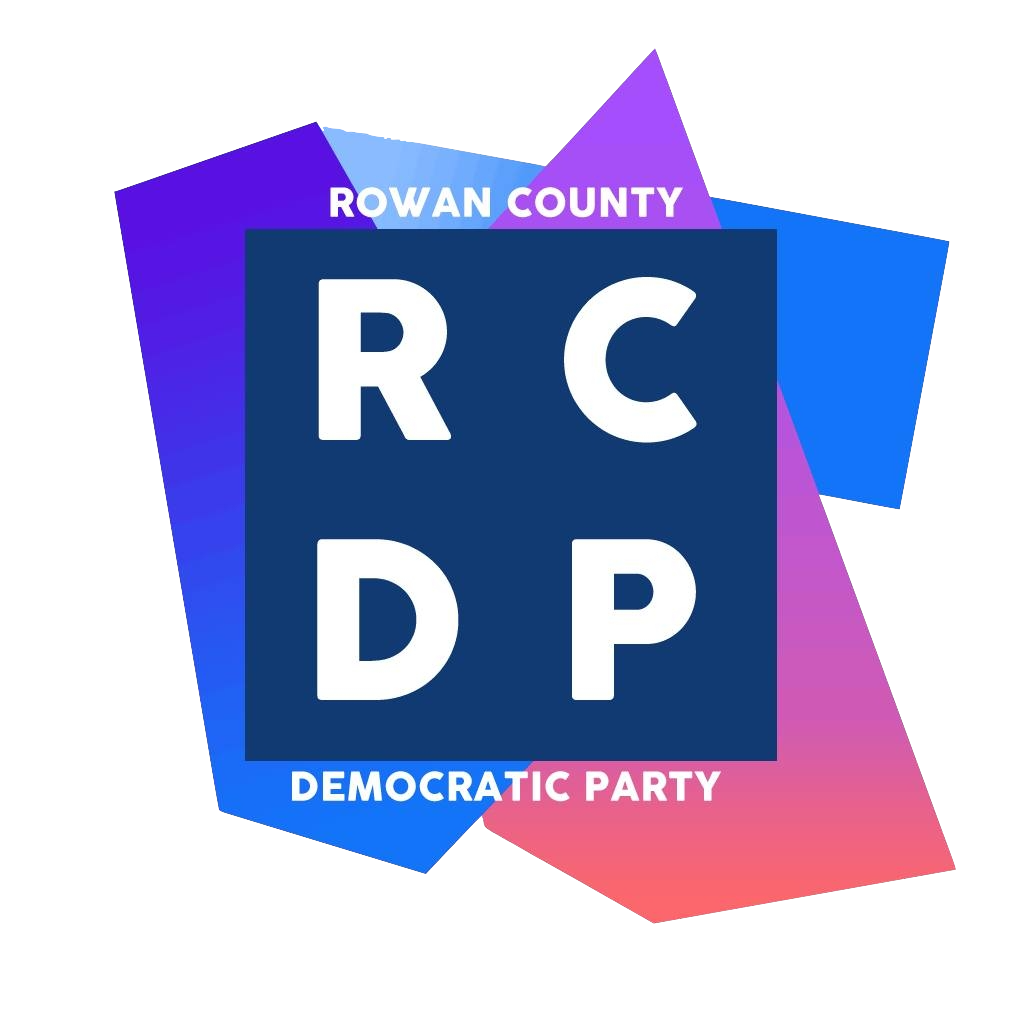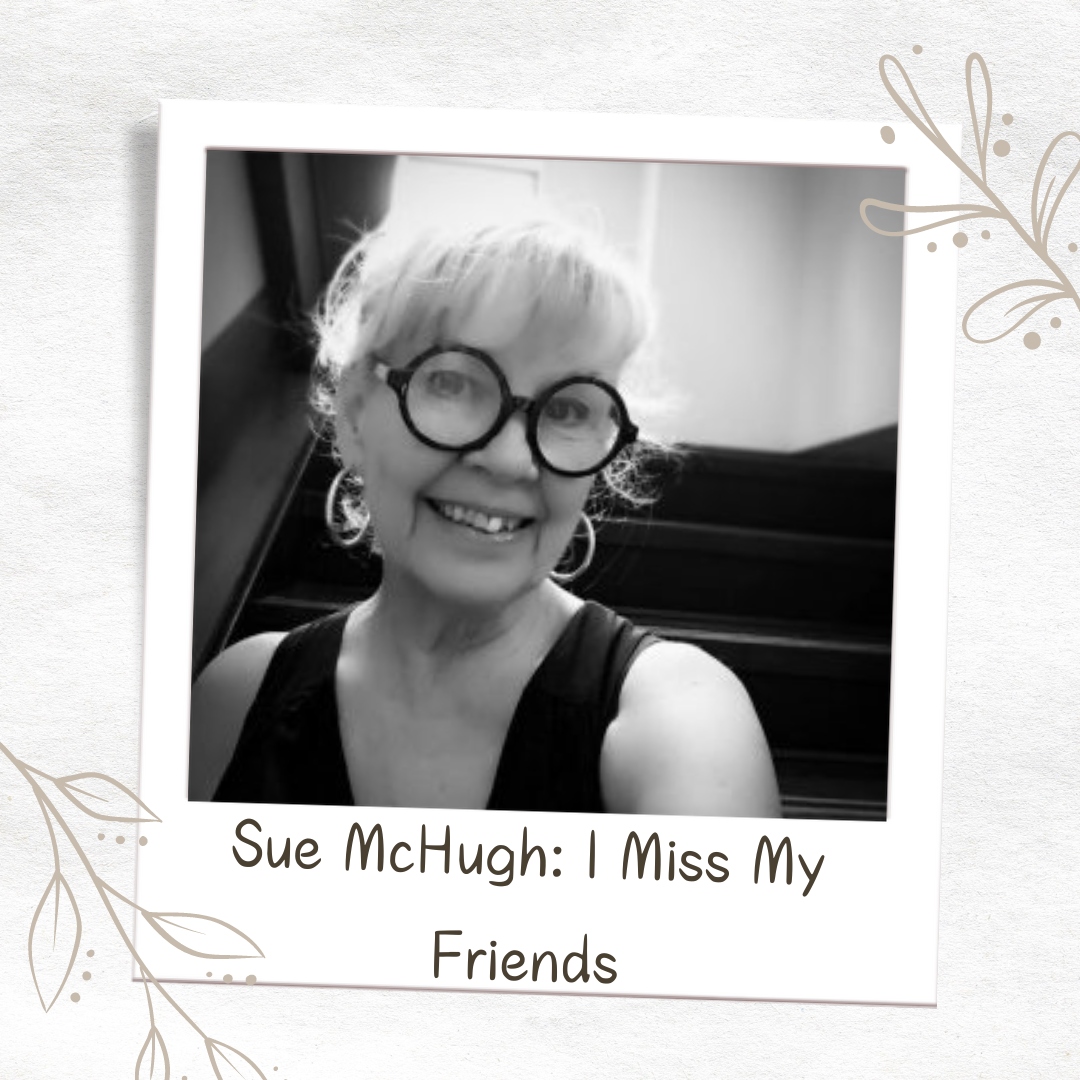“Are the differences in the ways we interact with our friends today, versus yesterday, short-lived in this current politically-charged climate? Or is the “unfriending” culture here for good where infotainment formats with their fast-paced cheerfulness are tailor-made for maximum persuasion? Are we organizing ourselves into echo chambers of like-minded individuals who reject differing views?”
Dear Neighbor,
I miss my friends.
Friends. People I care about. People who I wish no discomfort. People with whom I can laugh or cry… or just kibitz when the house of cards seems to be falling apart. My house of cards — your house of cards. It doesn’t matter. Friends. People who choose one another.
Friendships are blessings. Childhood friends: sandboxes, bicycling and double-dares. Teenage friends: hanging out, grabbing cheap cheeseburgers, jumping in a friend’s car and going …. everywhere! Adult friends: workplace, couples, friends of friends…movies, concerts, dinners at each other’s homes, play-dates with children. Casual friends: neighbors or friends with common interests. The close friends you’ve known for years who have been with you through ups and downs, those with whom, even when you’re not regularly in touch, you pick up where you left off without skipping a beat. With each, there’s a depth of understanding that feels steady in that friendship.
But, all of a sudden…. where did some go? Something strange is happening!
Social media can be a double-edged sword. On one hand, it has the power to unite and connect folks around the world. A powerful tool for friendships! But… again… what has happened?
For most, political affiliation is not a prerequisite for forming friendships, but those strictly aligned may prefer friends who belong to their poli-circle. Mmmmm — OK! While I can remember many a friendly discourse over politics, there was never a day — until now — when the friendship ceased because of political views. And sometimes now, that friendship has even been replaced with hatred. What is happening?
Are the differences in the ways we interact with our friends today, versus yesterday, short-lived in this current politically-charged climate? Or is the “unfriending” culture here for good where infotainment formats with their fast-paced cheerfulness are tailor-made for maximum persuasion? Are we organizing ourselves into echo chambers of like-minded individuals who reject differing views?
Today’s quasi-news formats are designed to thrust us — unthinkingly — into groupthink, complete with rumors, smears, innuendo, fear-mongering, thinly veiled ad hominem attacks, and a lack of rational discourse, a format aimed to make a viewer feel happy, reassured and smart. We feel happy when program hosts are smiling, igniting a primal response: “Things are great! I don’t have to think carefully.” Does this type of feed become a ticket to a self-perpetuating state of complacency, where we become less likely to question our own beliefs and develop a tendency to “unfriend” anyone who does?
Unfriending people with one click can make life easier. It’s fast and harmless, no coming face-to-face with anyone to tell them, “I don’t want you in my life.” Communication gaps are not new. But…has the unfriend culture made these gaps even wider?
Or is there something about contemporary friendships that is fundamentally different — and if so, how might friendship change in the future? Are we becoming a cynical world where we interact only with people who serve our inclinations, a world in which we no longer recognize our friends?
Not to say that there haven’t been friendships that don’t work out or people with whom we are just not destined to ever befriend. That’s OK! We, as individuals, are not everyone’s cup of tea! But in the past, I went my way… you went yours, and enemies we did not become. We lived our lives. We left each other alone.
But now? When someone does not wish to be our friend, rather than go in peace, there is an about-face with attacks that are real and personal. Why? Driven by the internet’s shield of anonymity? Or driven by something outside of you and me, something that is driving a divisive culture where we are not just “not friends,” we are enemies?
Despite media, social or otherwise, I remain captivated by the idea of looking beyond our friends’ (differing?) views, and loving the person behind them. The best friendships don’t stand or fall with shared interests.
I am still your friend. I still care about you. I still do not wish for your discomfort. I will not attack you for your beliefs. I still choose you, my friend.
“Dear Neighbor” authors are united in a belief that civility and passion can coexist. We believe curiosity and conversation make us a better community.

